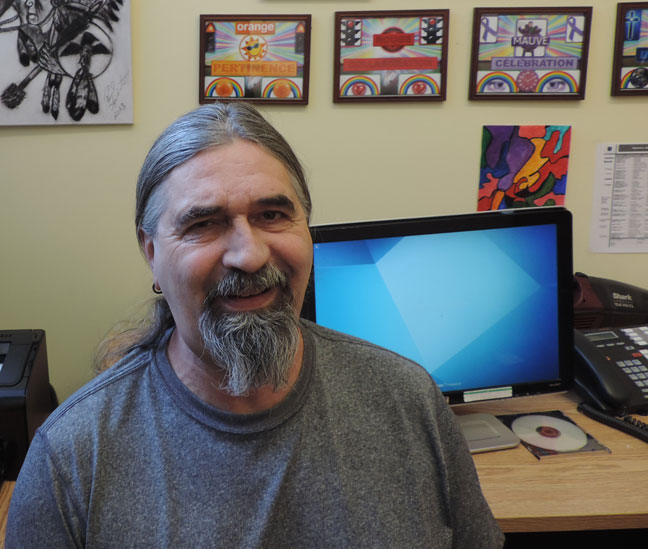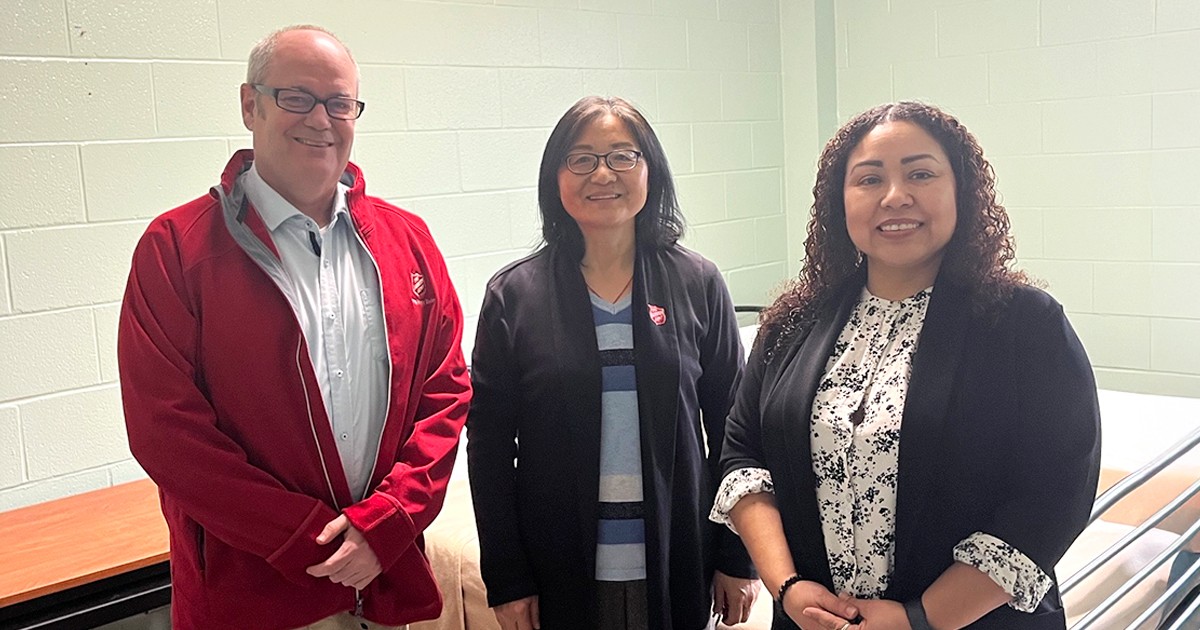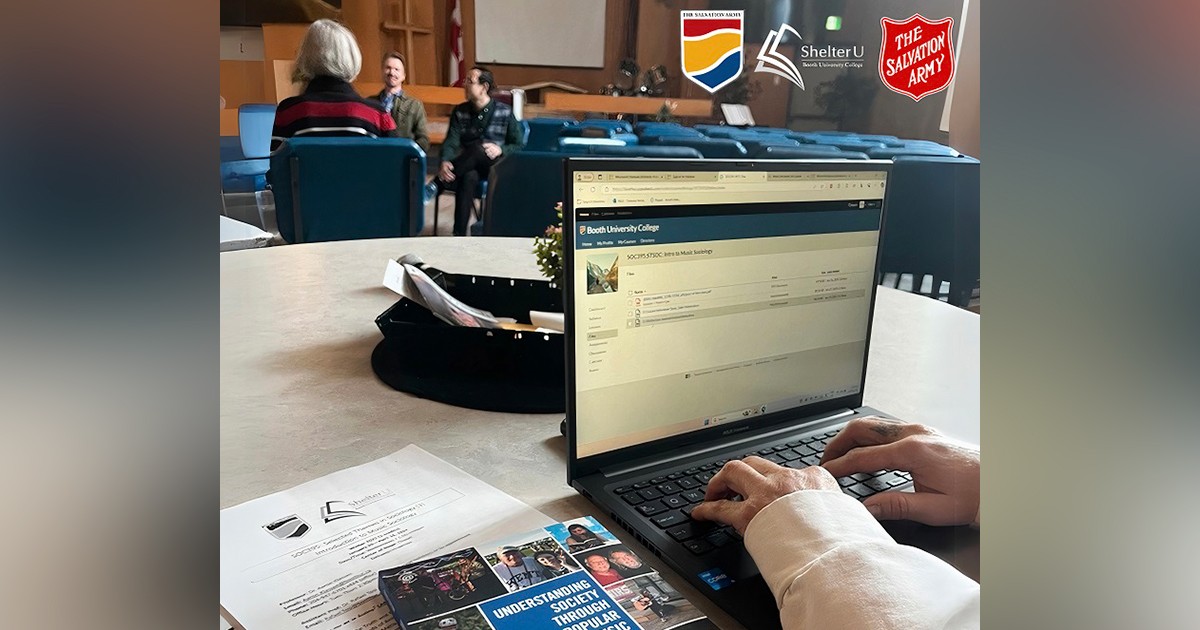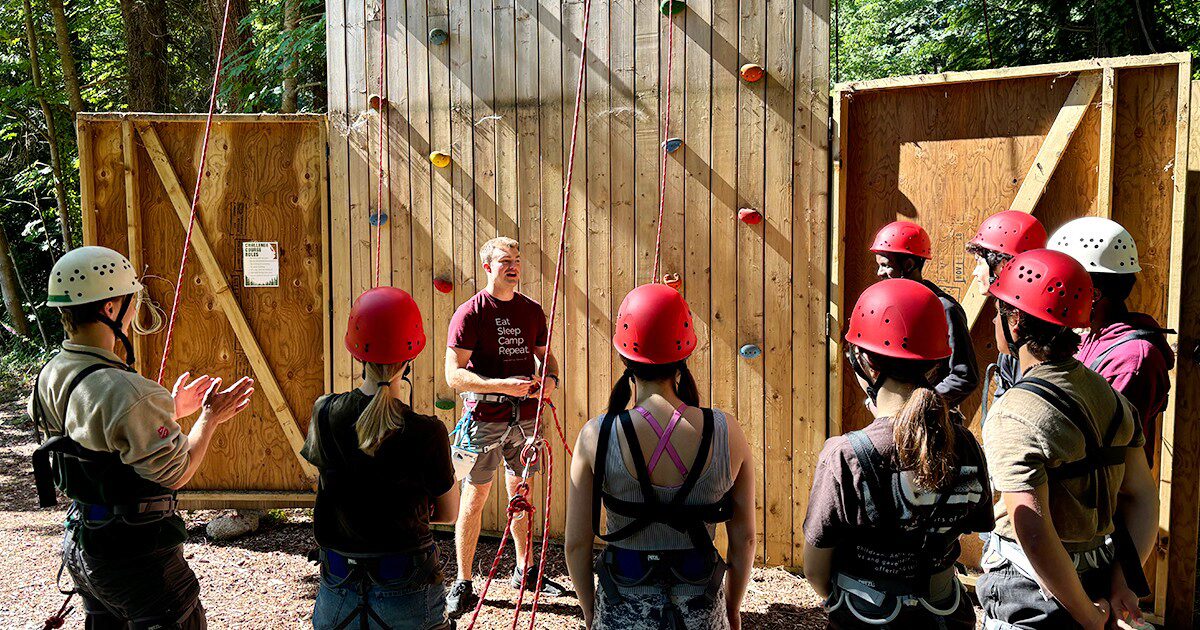Réjean had an ugly secret. He concealed it to protect a family member—but had no idea of the depth of personal harm that hiding it would cause. Revealing the traumatic experience was the only thing that could set him free.
The Secret
“At the age of 12, I was abused by a neighbour,” says Réjean. “I was afraid to tell my parents—my dad would have killed him. That would have meant prison, and I didn't want to lose my dad.”
Ripped apart by the abuse and the shame of deception, Réjean turned to alcohol to numb the pain—then drugs. By age 15, he'd left home, quit school, was a full-blown addict and participated in criminal activity.
“It was easy money,” he says. “And that money could buy friends as well as nice clothes for my sisters.”
But his family never knew what he was doing. “I kept my secrets close,” he says.
“To feed my addiction, I robbed people at gunpoint. I did a lot of things in my life that weren't nice.”
Réjean eventually became a father, but addiction had overtaken his ability to be a good dad and husband. His family left him and he had no contact with them for 13 years.
Held Hostage
“Dad, I am giving you a second chance,” said the voice on the phone. It was Réjean's now-adult son.
Réjean knew he had to get his act together or he would lose his family forever. He had a grandchild now and for the first time in his life really cared about maintaining sobriety—but he needed help.
“I had to get out of the hole I'd fallen into,” he says, “I was in deep and knew I couldn't climb out on my own.”
Réjean took that vital step toward recovery and contacted The Salvation Army's Booth Centre in Montreal.
“I wanted so much more out of life,” he says, “but was still held hostage by my secret.”
Breaking the Silence
The Booth Centre offers housing and various programs to meet the needs of men in difficulty or at risk of homelessness. Programs such as addictions therapy give clients the tools they need to change their thinking and break the cycle of addiction.
On that first day at the Booth Centre, Réjean's therapist asked if he wanted to pray.
“I got down on my knees and cried like a baby,” he says. The secrets he had kept inside himself for decades were swept away as he committed his life to God.
“That was the last time I felt like drinking,” he says. “My craving was gone.”
Through therapy, Réjean was able to face the truth about his traumatic experience of abuse, for the first time in his life. It was then he was able to move forward.
In February, Réjean celebrated two years of sobriety. He volunteers at a Salvation Army drop-in centre and is a mentor to others gripped by addiction. He has reunited with family members, some of whom he hadn't seen for over 20 years.
“Réjean arrived at the centre looking hard and intimidating,” says Captain Betty Lessard, community ministries worker. “Today, his face is soft and his eyes are alive.”
Réjean attends a Salvation Army church regularly. “It re-energizes me,” he smiles.
“Without The Salvation Army, I'd be in jail or dead,” says Réjean. “For the first time in decades, I'm in control of my life, and that feels good.”
The Secret
“At the age of 12, I was abused by a neighbour,” says Réjean. “I was afraid to tell my parents—my dad would have killed him. That would have meant prison, and I didn't want to lose my dad.”
Ripped apart by the abuse and the shame of deception, Réjean turned to alcohol to numb the pain—then drugs. By age 15, he'd left home, quit school, was a full-blown addict and participated in criminal activity.
“It was easy money,” he says. “And that money could buy friends as well as nice clothes for my sisters.”
But his family never knew what he was doing. “I kept my secrets close,” he says.
“To feed my addiction, I robbed people at gunpoint. I did a lot of things in my life that weren't nice.”
Réjean eventually became a father, but addiction had overtaken his ability to be a good dad and husband. His family left him and he had no contact with them for 13 years.
Held Hostage
“Dad, I am giving you a second chance,” said the voice on the phone. It was Réjean's now-adult son.
Réjean knew he had to get his act together or he would lose his family forever. He had a grandchild now and for the first time in his life really cared about maintaining sobriety—but he needed help.
“I had to get out of the hole I'd fallen into,” he says, “I was in deep and knew I couldn't climb out on my own.”
Réjean took that vital step toward recovery and contacted The Salvation Army's Booth Centre in Montreal.
“I wanted so much more out of life,” he says, “but was still held hostage by my secret.”
Breaking the Silence
The Booth Centre offers housing and various programs to meet the needs of men in difficulty or at risk of homelessness. Programs such as addictions therapy give clients the tools they need to change their thinking and break the cycle of addiction.
On that first day at the Booth Centre, Réjean's therapist asked if he wanted to pray.
“I got down on my knees and cried like a baby,” he says. The secrets he had kept inside himself for decades were swept away as he committed his life to God.
“That was the last time I felt like drinking,” he says. “My craving was gone.”
Through therapy, Réjean was able to face the truth about his traumatic experience of abuse, for the first time in his life. It was then he was able to move forward.
In February, Réjean celebrated two years of sobriety. He volunteers at a Salvation Army drop-in centre and is a mentor to others gripped by addiction. He has reunited with family members, some of whom he hadn't seen for over 20 years.
“Réjean arrived at the centre looking hard and intimidating,” says Captain Betty Lessard, community ministries worker. “Today, his face is soft and his eyes are alive.”
Réjean attends a Salvation Army church regularly. “It re-energizes me,” he smiles.
“Without The Salvation Army, I'd be in jail or dead,” says Réjean. “For the first time in decades, I'm in control of my life, and that feels good.”










Leave a Comment